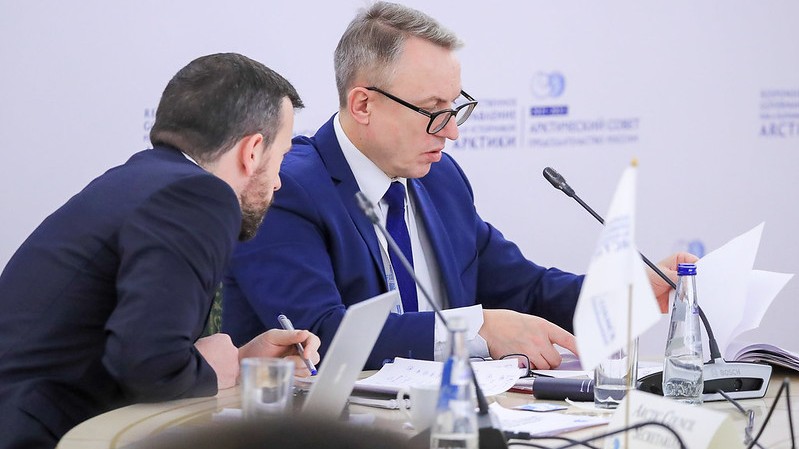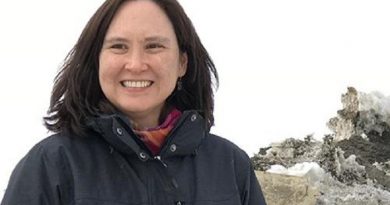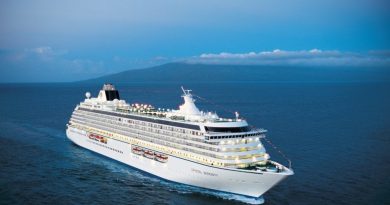Russian representatives slated to talk Arctic Council at Toronto conference off program

The Finnish and Swedish ambassadors to Canada will again attend an upcoming Arctic conference in Toronto now that Russian representatives are off the program, the countries’ respective embassies in Ottawa confirmed to Eye on the Arctic on Wednesday.
Finnish Ambassador Roy Eriksson and Swedish Ambassador Urban Ahlin initially withdrew from next week’s Arctic360 Arctic Infrastructure Investment Conference on February 25, the second day of Russia’s invasion of Ukraine.
The ambassadors had been scheduled to speak at a session called “The Arctic Council at 25: Looking at the Next 25 Years,” that was devoted to exploring the future of the international forum, which is made up of Canada, Denmark/Greenland, Finland, Iceland, Norway, Russia, Sweden and the United States.
The panel was to feature representatives from each country.
Russia currently holds the forum’s two-year rotating chairmanship and Nikolay Korchunov, Russia’s ambassador at large for Arctic Affairs and the chair of the Senior Arctic Officials of the Arctic Council, was scheduled to give the keynote.
On Friday, neither the Finnish or Swedish embassy would comment on the reasons for their decision, but the ambassadors’ withdrawal came the same day that Russia threated Finland and Sweden with “military and political consequences” if they ever joined NATO.
‘Business-as-usual stance between Arctic states has dramatically changed’
Arctic360 organizers cancelled the Arctic Council session on Sunday saying they were refocusing the event.
“Not all participants were prepared to share the stage with government representatives of the Russian Federation,” Arctic360 said in a statement.
“It was clear, the business-as-usual stance between Arctic states and by extension at the Arctic Council has dramatically changed. A discussion to inaugurate 25 years of the Arctic Council and discussions of its future right now are also much more difficult to undertake when no one knows how the next two months, much less two or twenty-five years will play out.”
Conference organizers did not respond to fact check inquiries this week about whether Russian officials withdrew or were disinvited.
New session without Russia
Representatives of all remaining Arctic states, including Finland and Sweden, will attend a replacement session titled “Northern Perspectives.”
“Continued dialogue and cooperation – even without Russia – remains critically important, if not more so,” the organizers said.
“We look forward to carrying out this discussion and the many others over our two days with our North American Arctic, Nordic Arctic, and other like-minded Arctic interested nations to discuss ongoing priorities and continued collaboration. There is much work to be done in the pursuit of a safe, stable, sustainable, and prosperous Northern American and Nordic Arctic.”
Arctic360 runs March 9-11.
Write to Eilís Quinn at eilis.quinn@cbc.ca
Related stories from around the North:
Canada: Blowback – The Ukraine Conflict and Arctic Security, Blog by Marc Lanteigne
Finland: Finnish Army exercises inter-agency readiness, Eye on the Arctic
Norway: Norwegian Oil and Gas Association kicks out Russian members, The Independent Barents Observer
Russia: Putin announces Sunday he’s put nuclear deterrence forces on alert on Kola Peninsula, The Independent Barents Observer
Sweden: Swedish customs hand inspecting goods destined for Russia amidst sanctions, Radio Sweden



